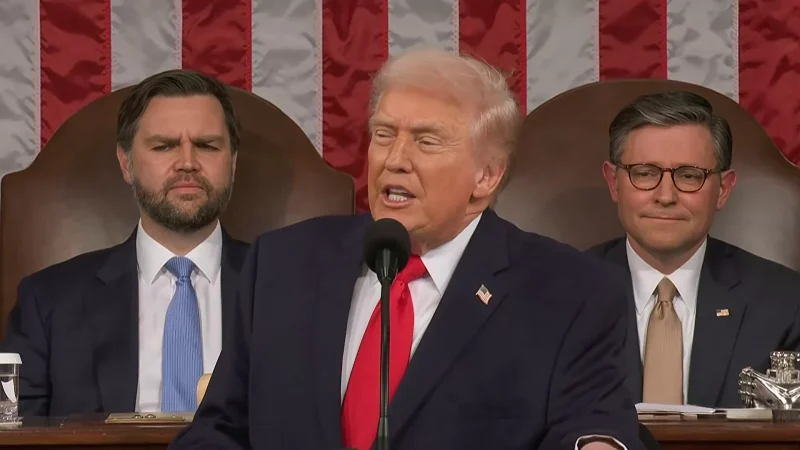Bloomberg News
 At a time of intense debate over the federal budget, government subsidies for wind and solar power are more contentious than ever. The question of whether those subsidies are justified has taken on fresh urgency with the looming expiration of a major wind subsidy.
At a time of intense debate over the federal budget, government subsidies for wind and solar power are more contentious than ever. The question of whether those subsidies are justified has taken on fresh urgency with the looming expiration of a major wind subsidy.
The federal tax credit for wind-power producers will expire at the end of this year unless Congress extends it. There is widespread agreement that pulling the plug on the subsidy at this point could hobble the wind-power industry. Meanwhile, the biggest federal subsidy for solar power, a tax credit for 30% of the cost of installed equipment, is set to drop to 10% at the end of 2016. A cash grant for up to 30% of solar equipment costs expired at the end of last year.
Proponents say wind and solar subsidies are needed for a few more years to allow these clean, renewable sources of energy to develop to the point where they can compete on price with electricity produced from coal and natural gas. But opponents of the subsidies say that they simply cost too much, and that the supposed benefits of wind and solar power are overstated.
Mark Muro, a senior fellow and the policy director at the Metropolitan Policy Program at the Brookings Institution, argues in favor of the subsidies. David Kreutzer, a research fellow in energy economics and climate change at the Heritage Foundation, presents the case against them.
Also: Battle brews at Pearl Harbor over Navy solar plan/LA Times
Should World Increase Reliance on Nuclear Energy?/The Wall Street Journal http://online.wsj.com/public/page/news-energy-oil-gas.html







